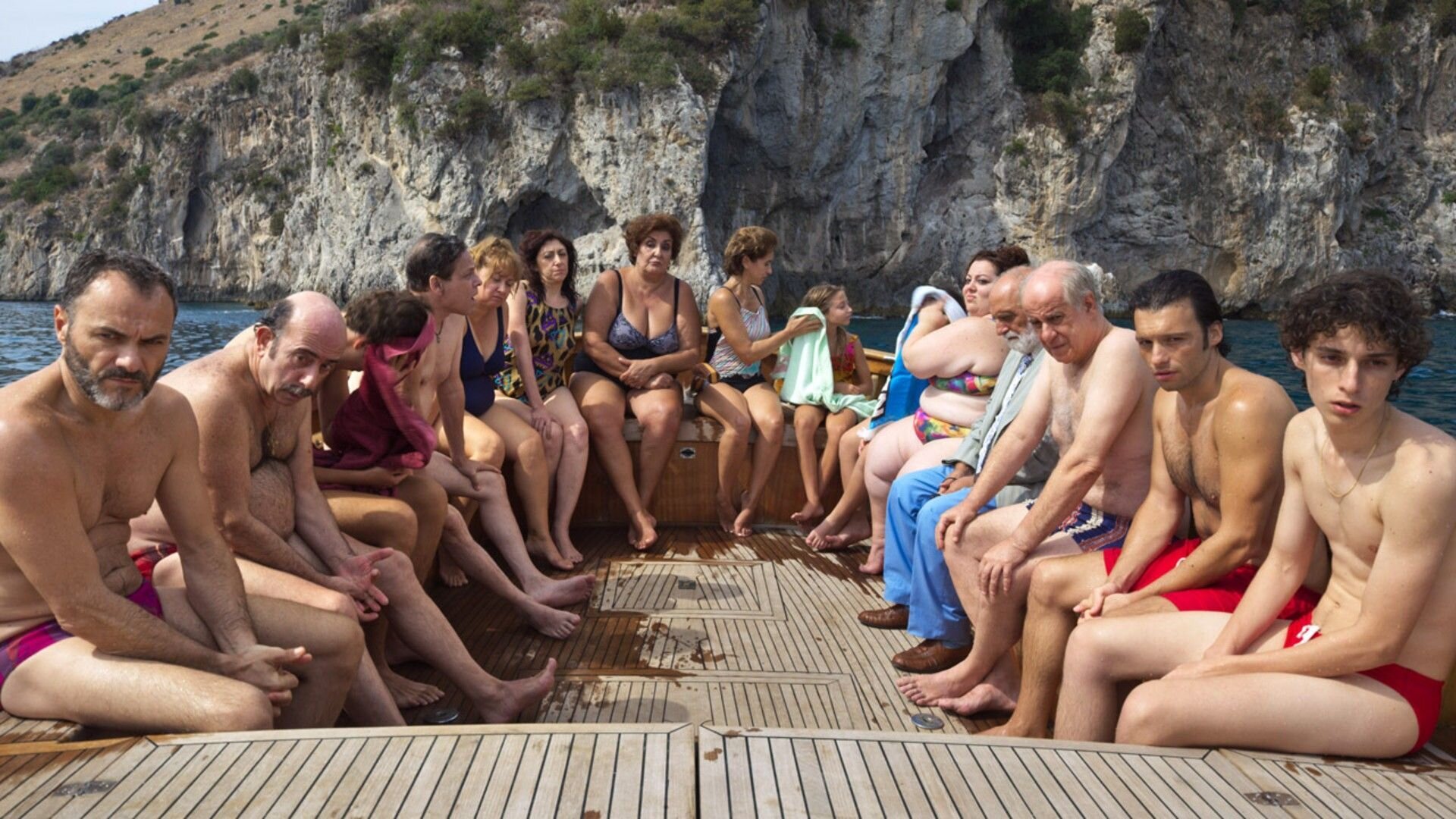VENICE 2021: The Hand of God ‘‘È stata la mano di Dio’’
VENICEPaolo Sorrentino returns behind the camera with the semi-autobiographical drama The Hand of God '‘È stata la mano di Dio’, a brooding and emotionally compelling feature with masterful thematic tone, and once again assures that Sorrentino is one of the greatest living filmmakers of his generation.
The Hand of God is a masterstroke of direction, tone, narrative, and, ultimately, of filmmaking. In fact, it is hard to imagine Sorrentino crafting a better overall creation than The Hand of God. Every single element and inch of this feature is curated with an utterly outrageous form of talent. In each department, this is a feature that is flawless. The emphasis on a semi-autobiographical feature does have a few red flags: a filmmaker putting forward intricacies of their lives can be skewered with ego. Nevertheless, Sorrentino has found a balance here that aims to seduce his audience but heal his own past, and the it is not only effective but thunderous.
One of the most effective and emotionally compelling aspects of production is Sorrentino's balance of tone: it is spectacular. The comedic sensibility and nature of The Hand of God are some of, if not the most, immersive features. Granted, this is partly down to the writer-director’s screenplay but is transformed and projected by the cast. Toni Servillo is one great example of crafting what is simplicity on page but creating life and intoxicating charm. Filippo Scotti and Luisa Ranieri are two other examples that add tender depth and a sense of warmth. Specifically with the former spearheading proceedings in a beautifully constructed and produced performance.
However, this is not a simplistically fun feature. Sorrentino takes his piece to incredibly poignant and often dark palettes of the emotional spectrum. Harrowing and perhaps brutal are better descriptors to state of such sequences that will leave the viewer emotionally devastated, but it is what the director interweaves and builds from these emotional foundations in which the feature strives. They are moments of internal and external exploration of life. Crafted in moments of gravity and piercing sensibility that they linger far longer than the film running time.
To boost, The Hand of God looks utterly fantastic on screen. The swirling use of the camera captures the life and scale of Naples and its inhabitants with utter perfection. Daria D'Antonio captures the scope of the human portrait equally as effective. Moments of brevity and yet of gravitas are caught in provocative degrees of perfection. The emotive mood D'Antonio's eye captures conjures up a thematic that ultimately makes the engine of this tick.
Understandably, the autobiographical nature of Sorrentino's film is evidently clear; it is wildly self-indulgent in its boisterous one hundred and thirty-minute running time, an attribute that could easily be identified as a negative. Even in Sorrentino's indulgence, the auteur filmmaker continuously puts forward material that feels warm and welcoming in accessing the material. Granted, this is a feature that will mean more to Sorrentino than it will ever do to the directors' audience but nevertheless, the fragility and openness of such an emotional spectacle is one to be welcomed and utterly adored.


